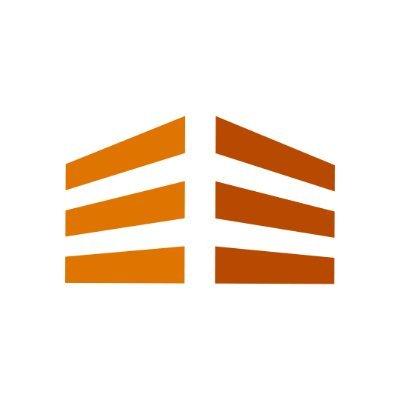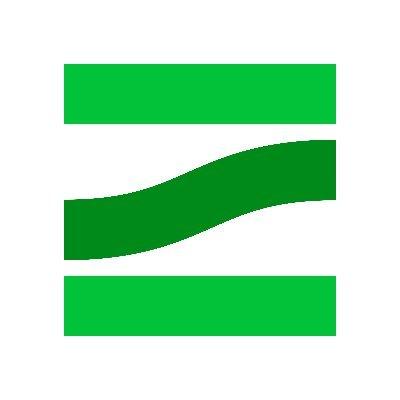Invest in commercial real estate projects
Buy pre-IPO stock in private companies
Investments
$25,000
Minimum investment amounts on CrowdStreet start at $25,000, with the exact threshold varying by individual project.
Investments
$10,000
The minimum investment on EquityZen is $10,000, though this may vary by offering.
Moderate Risk
3/5
Investing via CrowdStreet entails typical real estate risks such as market fluctuations and property-specific issues, with no guarantee of returns and potential for capital loss.
High Risk
4/5
Investing in private companies via EquityZen involves risks such as limited liquidity, market volatility, company performance uncertainties, regulatory changes, less available information, and potential lack of diversification, which could impact investment returns.
Minimum Liquidity
1/5
CrowdStreet investments are generally illiquid, with capital committed for several years until a potential liquidity event, such as a property sale or refinancing, without a secondary market for early exit.
Minimum Liquidity
1/5
EquityZen offers liquidity for vested shares only. It does not provide liquidity for unvested shares, unvested RSUs, or options directly.
Receive new reviews from Fintorial
High Return
17.9 %
CrowdStreet has a historical 17.9% Realized IRR and a typical 3.1-year hold period for investments, with returns varying based on equity shares, debt interest, or hybrid terms, and property sales.
Not Predictable Return
N/P
Unlike public market investments, private investments carry higher risks and unpredictability. Consequently, it's challenging to define a standard return rate for EquityZen investments.
Long-term Investment
3-10 years
CrowdStreet investments typically have a hold period of 3.1 years on average, with some ranging from 3-5 years and others up to 10 years, reflecting a long-term investment horizon.
Long-term Investment
2-5 years
Typically, companies on EquityZen have received late-stage funding, suggesting an expected investment horizon of 2-5 years, but outcomes can vary widely.
Who can invest
United States
Individuals must be accredited U.S. residents with valid identification to invest on CrowdStreet, while entities need U.S. accreditation, taxation, and verification, subject to CrowdStreet's approval.
Moderate Volatility
3/5
Assets on CrowdStreet may experience volatility due to economic shifts, interest rate changes, and local market trends, affecting property values and investment returns.
Moderate Volatility
3/5
Assets on EquityZen, which are shares in private companies, can be highly volatile due to limited public information, sensitivity to market conditions, low liquidity, and company-specific events, leading to significant price fluctuations.
Regulation and audits
SEC Regulated
CrowdStreet's offerings are regulated by the SEC and subject to regular audits for compliance, ensuring adherence to legal standards for securities and real estate investments. However, details on specific audits and regulations are not publicly disclosed.
Regulation and audits
SEC Regulated
EquityZen Securities is registered with the SEC and is a member of FINRA/SIPC, ensuring it adheres to regulatory standards and practices for investor protection and undergoes regular audits.
Insurance
Yes
CrowdStreet's properties are typically insured against physical damage, but this does not cover market risks or guarantee full property value protection. Investors should note that insurance mitigates, but doesn't eliminate, all investment risks.
Insurance
No
EquityZen is a FINRA/SIPC member firm, offering account protection up to $500,000 (including $250,000 for cash claims) through SIPC in case of brokerage failure, not covering market value losses.
Payouts
Dividends
CrowdStreet investors may receive distributions, typically on a quarterly basis, based on the cash flow and profitability of their investments, but these are not guaranteed and depend on the specifics of each project.
Payouts
No Recurring Payouts
Investors in private companies on EquityZen typically do not receive dividends, as these companies often reinvest profits to fuel growth.
Withdrawals
Investors on CrowdStreet typically receive their money back after a liquidity event like a property sale, based on the timeline of the specific project's business plan. Real estate investments are illiquid, so funds cannot be withdrawn on demand.
Withdrawals
Investors can get their money back from investments on EquityZen mainly through an IPO, acquisition of the company, or secondary market sales on the platform. However, returns depend on market demand and timing of these liquidity events, with no guaranteed timeline.
Extra Fees
Yes
CrowdStreet investments may include sponsor-determined fees such as acquisition, asset management, and property management fees, along with performance-based carried interest.
Extra Fees
Yes
EquityZen charges a 5% fee to sellers upon transaction closure. For investors, a one-time sales fee applies: 5% for investments up to $500,000, 4% for $500,000 to $1 million, and 3% for over $1 million.
Taxes
Tax Form
CrowdStreet issues Form K-1 or other relevant tax documents to investors for annual tax reporting, with the advice to consult a tax advisor for proper tax treatment of investments.
Taxes
Tax Form
EquityZen issues a Schedule K-1 for taxable events and provides vetted tax documentation to investors. Upon investment, individuals complete necessary tax forms (W-9 or W8-BEN) and receive annual tax updates.

